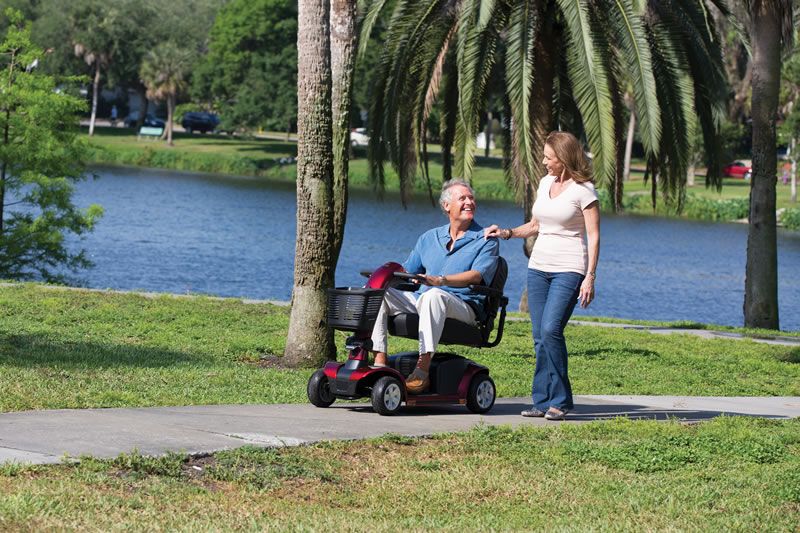Depression is a serious health issue that can affect people at any stage of life. However, it raises unique concerns for older adults. When considering the question, ‘Can an elderly person die from depression?’, it is vital to understand the profound impact mental health can have on physical well-being, especially for the elderly.

Understanding Depression in the Elderly
Depression in the elderly is more than just feeling down or experiencing a bad day. It encompasses severe symptoms that disrupt daily life. Symptoms might include persistent sadness, fatigue, loss of interest in previously enjoyed activities, and changes in sleep and appetite.
How Depression Impacts Physical Health
For older adults, the effects of depression go beyond mood changes. Depression can lead to a decline in physical health. Research shows that depression can exacerbate existing health conditions such as heart disease, and can even weaken the immune system, making it harder for older people to fight off infections.
The Link Between Depression and Mortality
Studies indicate that depression can increase mortality risk among seniors. A depressed state can lead to neglecting personal care, worsening of chronic health conditions, and in severe cases, leading to suicidal thoughts or actions. These consequences underline the necessity of addressing depression earnestly and effectively.
The Importance of Early Detection and Treatment
Recognizing depression in elderly individuals early and seeking appropriate treatment is crucial. With appropriate treatment, many elderly individuals can manage and overcome depression. Treatments might include therapy, medication, lifestyle changes, and support systems.
The Role of Caregivers in Supporting the Elderly
Caregivers play an essential role in supporting older adults experiencing depression. By fostering a supportive environment and encouraging adherence to treatment plans, caregivers can significantly impact the mental health of seniors. Lift chairs can offer a combination of comfort and independence that could positively influence mental well-being.
Encouraging Social Interaction and Positive Habits
Encouraging seniors to engage in social activities and hobbies can help reduce feelings of loneliness and improve their mood. Supportive products like a back massager can improve their quality of life and physical comfort, leading to better mental health.
Exploring Treatment Options
Traditional treatments, including medication and psychotherapy, are common. However, non-traditional treatments such as exercise, hand massagers for relaxation and stress relief, or even having a pet, can also be beneficial.
The Role of the Community
Community resources can support older adults struggling with depression. Many communities offer services such as transportation, meal delivery, and social activities which can aid seniors in maintaining independence and boosting mental health.
The Importance of a Personal Alert System
Personal alert systems can offer peace of mind and a sense of security to elderly individuals and their families. Having access to immediate help during emergencies ensures that health declines or crises are addressed quickly. Consider a personal alert system to help your loved one during sudden health issues.
Breaking the Stigma Around Mental Health
Despite growing awareness, a significant stigma still surrounds mental health, especially within the senior community. Breaking down this stigma involves education and understanding that depression is a treatable medical condition and not a sign of weakness.
Creating a Supportive Environment
Building a supportive environment for seniors is vital. Encouraging open conversations about mental health and ensuring regular check-ins with healthcare professionals can help manage depression effectively.
Planning for Long-Term Care
Planning for the future and potential long-term care needs can help reduce anxiety about the unknown. Securing plans with trusted services ensures that elderly individuals receive appropriate care.
Understanding the Risks and Implementing Solutions
Understanding the risks associated with untreated or poorly managed depression is the first step in preventing severe outcomes among the elderly. This involves a combination of medical care, the use of supportive products, community engagement, and encouragement of healthy living habits.
Engaging Professionals and Resources
Engaging with healthcare professionals and utilizing available resources for seniors is fundamental in managing depression effectively. The National Institute on Aging offers insights and resources on services for older adults.

FAQ Section
How common is depression among the elderly?
Depression is relatively common among the elderly, affecting approximately 15% of those living in the community and up to 50% of those in care facilities.
What are the warning signs of depression in older adults?
Warning signs include changes in mood, loss of interest in activities, changes in appetite, sleep disturbances, and feelings of worthlessness.
Can lifestyle changes help manage depression in seniors?
Yes, lifestyle changes such as regular exercise, social activities, and stress reduction techniques can significantly assist in managing depression.
This article contains affiliate links. We may earn a commission at no extra cost to you.

